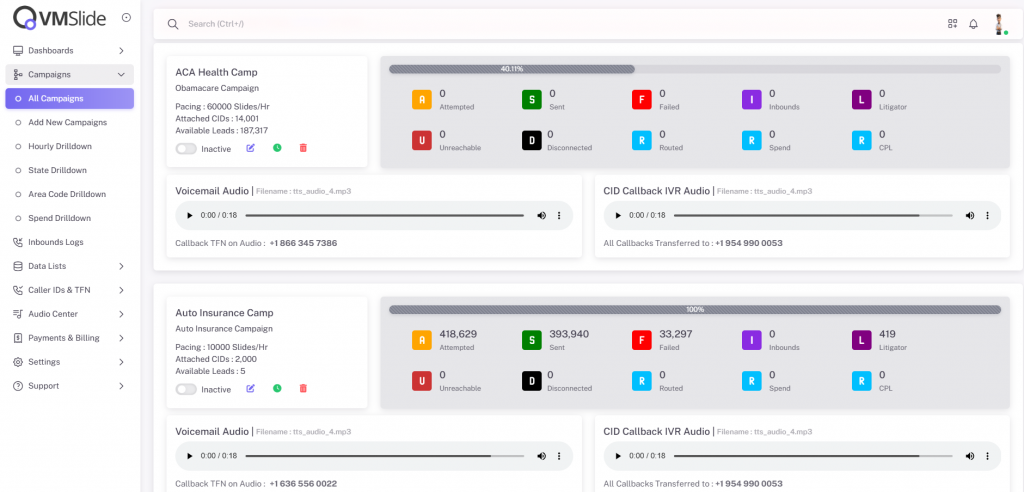In the competitive world of cloud services, only one solution can reign supreme…right? Well, not exactly. The cloud industry has evolved rapidly, with different providers offering a range of services that can elevate your business. Whether you’re looking for enhanced data storage, scalability, or computing power, cloud solutions can significantly improve your business’s performance. The real question isn’t whether you should choose one cloud service provider over another—it’s how to select the right combination of services that fit your business needs.
Cloud Services vs. Traditional IT Infrastructure: Definitions
The difference between cloud services and traditional IT infrastructure is straightforward: cloud services are scalable, flexible, and typically pay-as-you-go, while traditional IT requires significant upfront investment and ongoing maintenance. To be more specific, cloud services include platforms like Amazon Web Services (AWS), Microsoft Azure, and Google Cloud, which offer a wide array of services from data storage and processing to artificial intelligence and machine learning. Traditional IT, on the other hand, involves on-premise data centers and physical hardware that businesses need to manage and maintain.
A Brief History of Cloud Computing
Since the early 2000s, cloud computing has transformed how businesses operate, offering cost-effective and efficient solutions for everything from data storage to application hosting. In the early days, cloud services were seen as an experiment for small businesses, but by 2023, it’s clear that cloud computing is the future. Major players like AWS, Google Cloud, and Microsoft Azure now dominate the industry, offering a vast range of services. However, just as YouTube evolved to support both long-form and short-form videos, cloud computing has had to adapt, providing options that meet the varying needs of businesses.

Cloud Services for Businesses: Why You Need Both Public and Private Clouds
The variety of cloud computing options means your strategy needs to be flexible. Public cloud services (like AWS and Microsoft Azure) offer scalability, cost savings, and flexibility, while private cloud services provide enhanced security and control. Choosing between a public or private cloud isn’t a simple decision—you often need both to meet the unique needs of your business. For instance, public clouds can handle high-traffic workloads, while private clouds are ideal for sensitive data.
Your Cloud Service Providers
Lastly, the cloud service provider you choose greatly impacts the services your business can access. As mentioned earlier, some providers focus on specific cloud solutions, such as Amazon Web Services’ strength in computing power or Google Cloud’s leadership in artificial intelligence. When selecting a provider, make sure to thoroughly research each one to determine which services align best with your needs.
Some providers may offer additional services like data backup, disaster recovery, or machine learning integration, but you must research each offering to ensure compatibility with your business objectives. The last thing you want is to invest in cloud services that don’t work seamlessly with your existing IT infrastructure.
"Just remember that you can test different cloud service providers and combinations until you find the best fit for your business –– the sweet spot. Pay attention to performance, scalability, and costs, and adjust until you find the perfect solution."
Hire a team of expert cloud architects to handle the research and implementation process for you
Just because one cloud provider worked for another business doesn’t mean it will work for yours. Your cloud strategy needs to be flexible and adjust to your company’s growth and technological requirements for maximum impact.
Ready to elevate your business with the best cloud solutions? Get a Free Consultation to Boost Your Business with Scalable and Secure Cloud Services.





